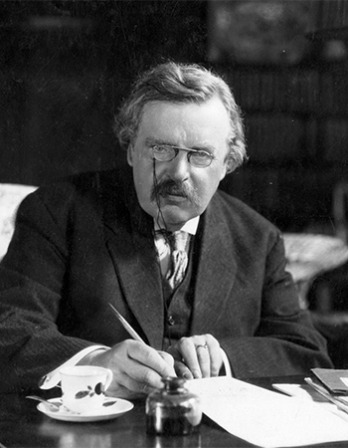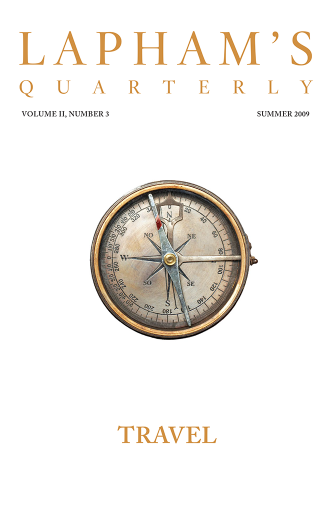Vanity of vanities; all is vanity.
—Ecclesiastes, 250 BCLose the Beard
“The beard will grow again, the head will not.”
It happened that on a certain Sunday, after I had finished the Liturgy, while I was walking to my house, two middle-aged men with beards came up to me and cried out, saying, “O holy lord, what do you order us to do? We are commanded by an ukase of the emperor to shave our beards; but we are ready to lay down our heads for our beards.
We had rather our heads should be cut off than that our beards should be saved.” I was startled at this sudden and unexpected question, and was unable for a time to answer them anything out of Scripture. I, however, replied to them, by inquiring which of the two would grow again—the head cut off or the beard shaven? They were startled at the question, and after a short silence said, “The beard will grow again, but the head will not.” “Would it not, then,” I said, “be better to sacrifice your beards, which will grow again if they were ten times shaven, rather than lose your heads, which if once cut off will never grow again till the general resurrection of all men?” Having said this, I went to my cell; many of the chief citizens accompanied me there, and we had a long conversation on the subject of the shaving or nonshaving the beard.
And having learned that many of them who, in obedience to the ukase of the emperor, had shaved their beards entertained doubts of their own salvation; because from having been deprived of their beards they had lost the image and likeness of God, I exhorted them to throw away such doubts, and told them that the image and likeness of God was not in the outward and visible face of man, but in his invisible soul; and further, that even on this account they need not doubt of the salvation of their souls, inasmuch as they had not shaved themselves of their own free will, but from an ukase of the emperor.

St. Dimitry of Rostov
From his Life. In 1698 Peter the Great returned to Russia from a tour in Europe. Hoping to modernize his country, he personally cut off the long beards of his nobles. In 1705 he instituted a beard tax: all men except peasants and Orthodox priests were required to pay to keep their facial hair. Dimitry, whose Life seems to have been published anonymously, was born into a Cossack family in 1651 and took his religious vows at St. Cyril’s Monastery in Kiev. He was canonized by the Russian Orthodox Church in 1757, forty-eight years after his death.




